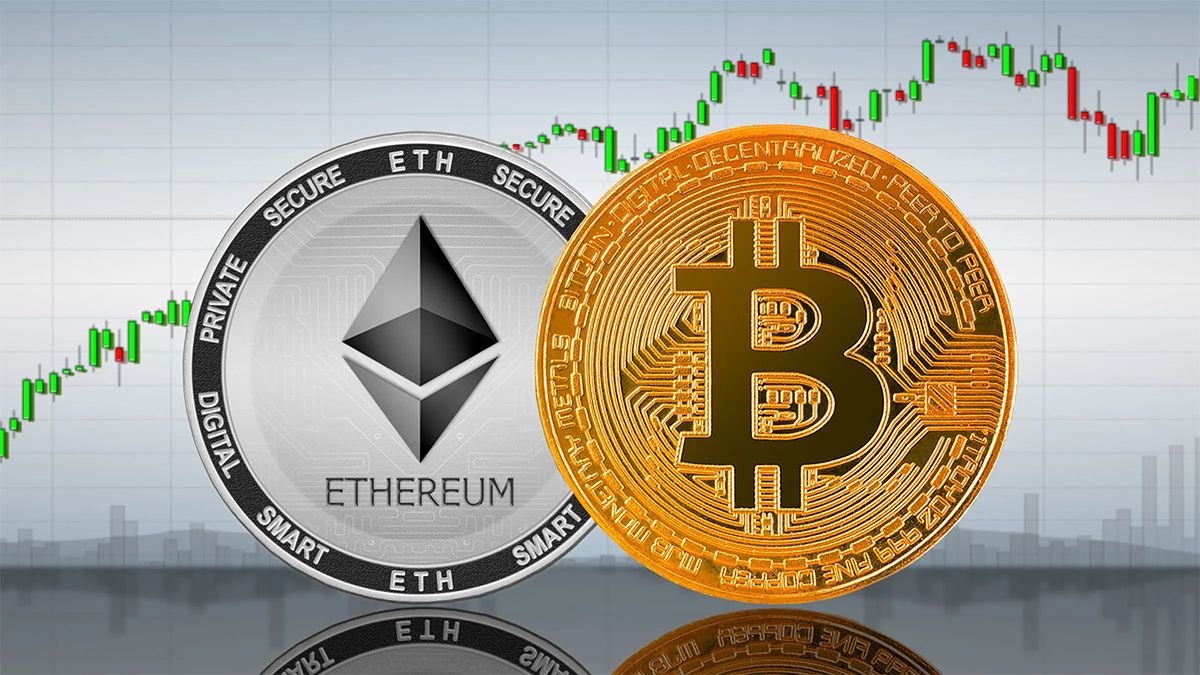Whoever spreads false news about candidates and parties, for example, in the proselytizing campaign is now subject to a prison sentence of two months to one year, in addition to a fine.
The same sanction applies to anyone who produces, offers or sells videos with false content about a party or candidate.
The punishment increases by a third if the conduct is practiced through radio, television or social networks, reported the state Agency Brasil.
An even higher penalty – two to four years in prison – and a fine of 15,000 to 50,000 reais (2,600 to 8,800 dollars) are foreseen for those who hire third parties for the purpose of sending messages or comments online to offend the honor or discredit the image of a candidate’s party or alliance.
The TSE resolution also makes explicit that the disclosure and exchange of facts that are known to be false or seriously out of context and that affect the integrity of the electoral process are prohibited.
“This means that any lie intentionally spread to undermine the voting, counting and totalization of votes processes can be sanctioned based on criminal responsibility, abuse of power and misuse of the media,” warned the Court, which worked all December in the definition of this new regulation.
As in previous elections, the massive dissemination of communications through instant messaging applications is also prohibited, although the contracting of content promotion on the Internet is enabled, provided that the service is done by companies previously registered with the TSE.
It is also prohibited the realization, in person or virtual, of the so-called “showmics”, cultural events that actually promote a candidate or a party, but recitals or events can be held to raise campaign resources, as long as there is no request for a vote. .
The beginning of the year in Brazil also marked the beginning of the electoral schedule that will lead to the presidential elections on October 2, when, most likely, President Jair Bolsonaro, former president Lula Da Silva and former judge and former minister Sérgio Moro, among others.
Along with that first round, on October 2 national and state governors and deputies and senators will also be elected.
From March 3 to April 1, the “window” opens for legislators, the only period in which they can change parties freely, without risking losing their mandate.
And on April 2, exactly six months before the elections, the deadline for all candidates to be affiliated with the parties for which they intend to run is due.
From July 20 to August 5, the conventions and congresses of the parties must be held to make their candidates official.
And the campaign itself, with events, distribution of graphic material, internet advertising and walks, will begin on August 16. From the 26th of that month to the 29th of September there may be advertising on radio and TV.
On July 11, the TSE must reveal how many citizens are entitled to vote, an important number because it is the basis on which campaign expenses are set.
Source From: Ambito
David William is a talented author who has made a name for himself in the world of writing. He is a professional author who writes on a wide range of topics, from general interest to opinion news. David is currently working as a writer at 24 hours worlds where he brings his unique perspective and in-depth research to his articles, making them both informative and engaging.




